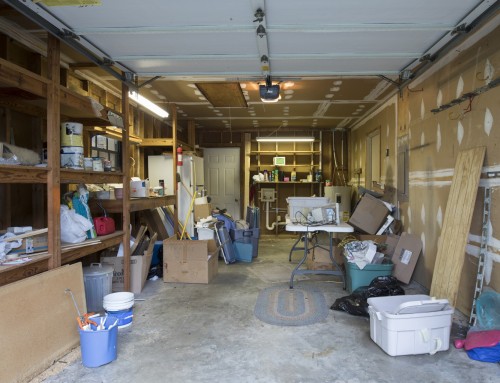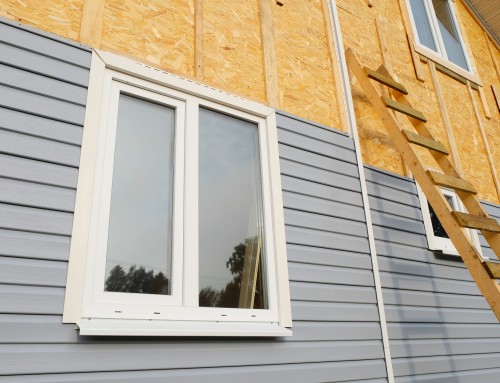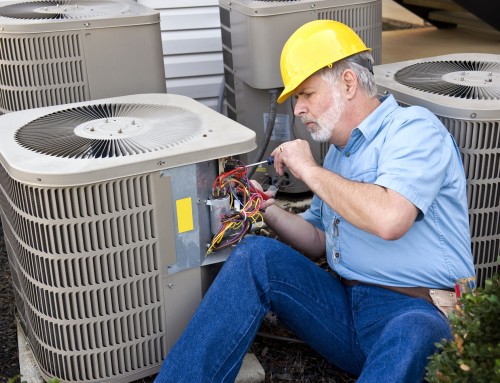The National Association of Insurance Commissioners confirm that 85 % of homeowners in America have home insurance policies. Homeowners’ insurance coverage is not a requirement by the federal government. On average, these policies will cost you $1083 annually.
Financial lenders will require you to take a homeowners’ insurance cover when buying a home using borrowed money. It’s mainly done so to safeguard their interests.
Taking insurance covers for your home help to protect you for any harm: damage on your home structure, personal injuries as well as cover your liabilities.
Also, some covers extend their benefits to third parties. This ensures your visitors, pets, or other possessions are protected. Before buying a home insurance cover for your home, you must understand the policies.
Some policies are complex to understand necessitating professional guidance. Continue reading to understand what you should know about homeowners insurance.
Continue reading below as we discuss five key things you should know concerning homeowners insurance.
1. Homeowners Insurance Policies Don’t Cover Everything
Before taking a cover for your home, seek to know what its exclusions are. Take your time to read through the policies. Don’t rush!
For instance, the HO-3 insurance policy doesn’t cover circumstances like floods, landslides, and earthquakes. Be sure of what your insurance doesn’t cover first before shopping for your homeowners’ coverage.
2. Different Types of Insurance Coverages
Homeowners insurance coverage comes in multiple forms: HO-1 Basic Form, HO-2 Broad Form, HO-3 Special Form, and HO-5 Comprehensive Form.
Each coverage has its distinct characteristics. Understand your needs, first to get the best insurance coverage for your home. There are numerous types of insurance coverages.
The forms mentioned above cover specific types of housing, such as condos, rentals, and mobile homes.
3. Understand How the Compensation Works
If you are making a claim that is covered under your policy, the insurance issue payments to compensate your losses. Your reimbursement policy can work in three ways.
Cash value coverage is the most affordable compensation policy. Nevertheless, its payout is the smallest. The payment is issued, but a deduction is made for appreciation.
Also, you can be compensated using replacement cost coverage. With this, you only get coverage within the policy limits. Any expenses more about the average costs will be upon you.
Thirdly, the guaranteed coverage. It’s the most expensive and offers comprehensive coverage. The insurance company pays for all replacement costs.
4. Home Maintenance
Since they don’t want to pay for your damages regularly, insurance companies advocate for good home care. Well maintained homes are safe and less susceptible to damages.
Some insurance denies claims on damages occurring to neglecting home maintenance.
5. Deadlines for Making Claims
The insurance policies stipulate the time you have for raising a claim. Most insurance coverages allow for two weeks of reporting window.
Missing the stated deadlines can make you fail to get your compensation ending up spending your cash. Take less time to avoid worsening your damage further.
Homeowners Insurance
It’s advisable to take a homeowners’ insurance coverage for your home. The benefits are endless.
Visit our other blog posts for more information regarding your homeowners’ insurance policy.











